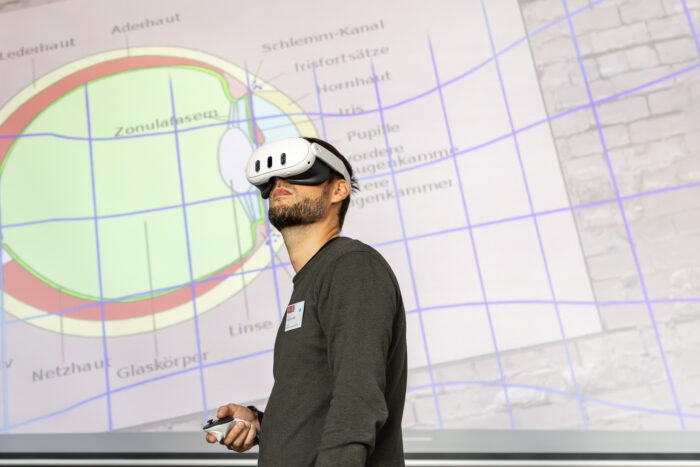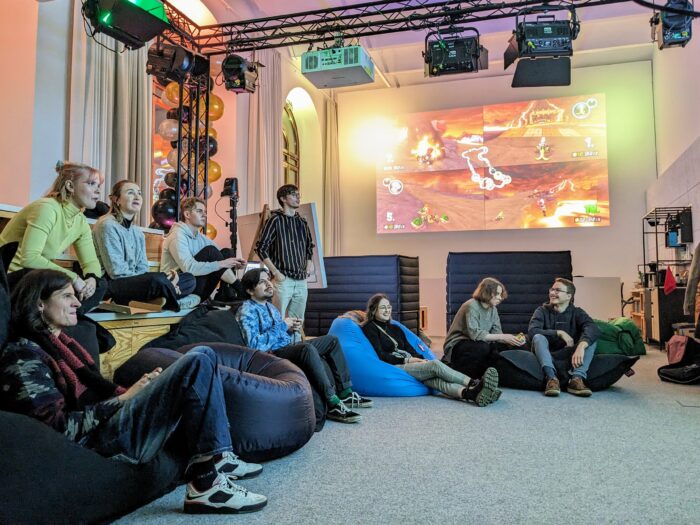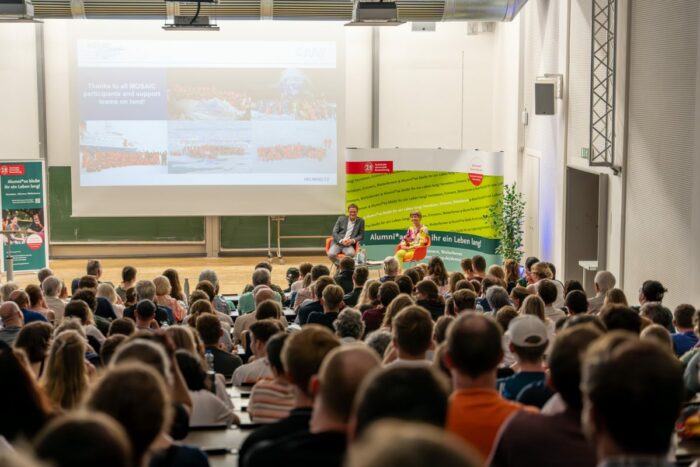Future-Tech:Stage Braunschweig
The future in 2025: digital education is characterized by topics such as artificial intelligence and virtual reality, while quantum computing is already on the horizon. On May 13, the Future-Tech:Stage at the TU Braunschweig focused on these future technologies, their significance for teaching and their practical use in studies.
Please note: The programme of the face-to-face event in Braunschweig will be mainly in German.

Dates: Accreditation and the exhibition area started at 9 a.m. in the historic central building of TU Braunschweig. The first lectures and workshops began at 10 am. The program ended around 5:30 pm. In the evening there will be the opportunity for networking and culture outside the venue.
Location: Technische Universität Braunschweig, Old Building in the Central Campus and Media Lab, Pockelsstraße 4, 38106 Braunschweig
How to get there: By public transport from Braunschweig main station, take bus 436 Braunschweig Flughafen or 419 Amalienplatz to the Pockelsstraße stop or streetcars 2 and 10 to the Mühlenpfordtstraße stop. By car, use the free parking lot Mensa Katharinenstraße 1 and the surrounding streets. Parking spaces are limited. Disabled parking spaces and barrier-free access are located at the rear of the event building, access via Abt-Jerusalem-Straße.
Further information: The venue offered Eduroam, a parent-child room and the usual university facilities such as the canteen, library and computer pool.
Keynotes
Stage programme
Interactive programme
Evening programme
On-Demand
Keynotes (selection)

Aya Jaff
Founder, trader,
bestselling author
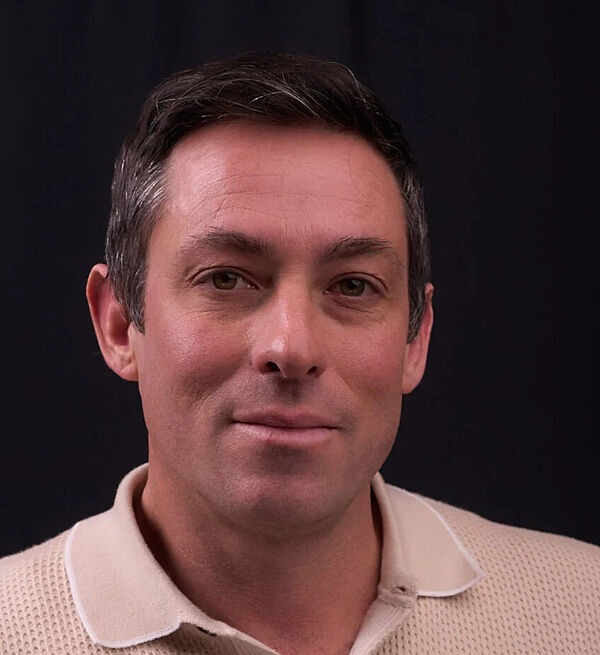
Keith Ranaldi
Director of Innovation and Entrepreneurship, University of Rhode Island
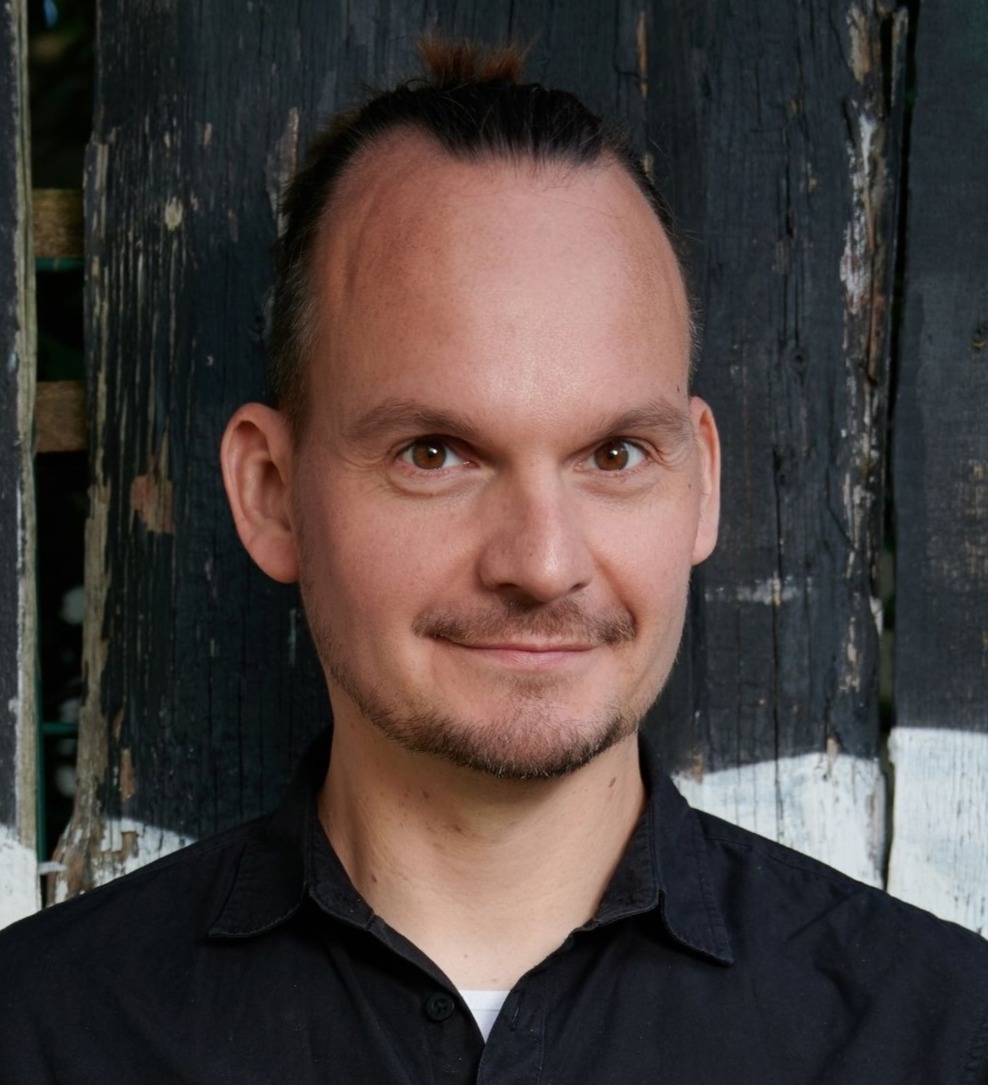
Jürgen Geuter
Research Director ART+COM Studios
Stage programme
You can find all stage programme highlights of the Future-Tech:Stage Braunschweig as well as on-site workshops in our program overview.
Interactive programme
Future tech has also being driven forward in research projects and start-ups at TU Braunschweig. Exciting educational projects with VR exhibits and up-and-coming young companies with technology-based products for teaching and learning were presented in our exhibition area. The exhibition invited visitors to discuss and network. Both were also possible at our other networking opportunities, the knowledge kiosk and the “Spaces of Future Tech” in the new Media Lab. Under the motto “We are interested in your questions!”, the Knowledge Transfer team in the Transfer Service collected ideas and suggestions for the university of the future. The team also presented the opportunities for bottom-up participation with the sandbox platform and invited you to linger between the other program items.
Evening programme
After the official event program, the day ended at one of our networking tables and network in various restaurants directly on campus.
On-Demand
Videos from the Future-Tech:Stage Braunschweig can be found after the U:FF 25 on the YouTube channel of the Hochschulforum Digitalisierung.
The presence stage of the Technische Universität Braunschweig is organized by the Projekthaus with Media Lab and EmergingTech Lab.

The Emerging Tech Lab is a project within the framework of Hochschule.digital Niedersachsen and brings together several network and cooperation partners. These include the Technische Universität Braunschweig, Ostfalia University of Applied Sciences, the University of Hildesheim, Leuphana University Lüneburg, the Georg Eckert Institute and the Hochschulforum Digitalisierung.

The Future-Tech:Stage includes contributions from the joint project KI4ALL by TU Braunschweig, Ostfalia University and TU Clausthal.

